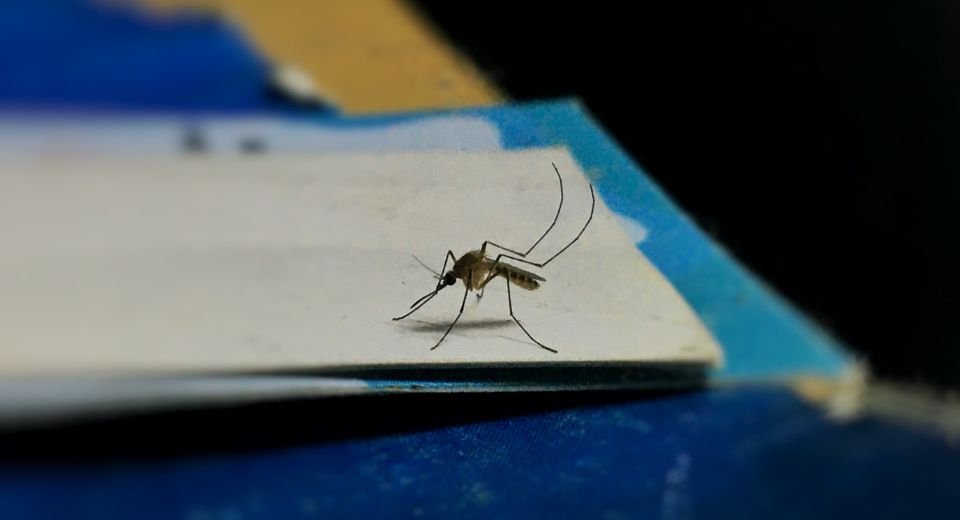HQ Team
November 23, 2024: Dengue fever cases have almost doubled each year since 2021. This year saw more than 12.7 million cases in total – almost double the 6.5 million cases reported in 2023 – as well as 8,791 deaths, according to the World Health Organization (WHO). This alarming trend has been linked to climate change, which is believed to contribute to approximately 20% of the global dengue burden.
Recent research presented at the American Society of Tropical Medicine and Hygiene (not yet peer reviewed), highlighted the role of warmer temperatures in expanding the habitat of Aedes aegypti, the mosquito vector responsible for transmitting dengue. These mosquitoes thrive in temperatures ranging from 68 to 82 degrees Fahrenheit, conditions that are becoming more prevalent due to climate change.
Dengue case load
Experts warn that if current emission levels persist, cases could increase by 60% by 2050, particularly affecting regions like Peru, Mexico, and Brazil where increases could reach up to 200%.
As global temperatures rise, the transmission season for dengue is expected to lengthen, leading to more frequent outbreaks across previously unaffected areas. Public health experts emphasize the need for immediate action. Mall Harris, a co-author of the study from the University of Maryland, stated, “Dengue is an escalating health risk that can have severe outcomes. We must prepare for it.”
Moreover, the mosquito species is also highly adaptable, and its eggs can survive frost, allowing it to survive in colder climates, according to the UK government, tracking its spread into Europe.
The World Health Organization has reported 8,791 deaths due to dengue in 2024 alone, highlighting the urgent need for enhanced vaccination efforts and mosquito control strategies.
Economic burden
The implications of this surge extend beyond health; a recent report from the World Economic Forum estimates that climate change could lead to $12.5 trillion in economic losses by 2050 due to diseases like dengue. As urbanization continues to encroach on mosquito habitats and travel increases globally, the risk of dengue spreading further into temperate regions grows.
Millions of cases of dengue fever occur every year. The symptoms are fever, sometimes rashes, and debilitating body pain, hence its other name bonebreak fever. In rare cases, it can be fatal too.
Erin Mordecai, an infectious disease expert at Stanford University and one of the authors of the new analysis.
“Many of the places in the study region are going to more than double their projected dengue incidence” if human-caused climate change continues to aggressively heat up the planet, she says. But the growth could be contained — not stopped, but at least minimized — if climate action keeps global temperatures in check, she stresses.
Without coordinated efforts to address climate change and enhance public health responses, the world could face a future where dengue fever poses a significant threat to global health.
